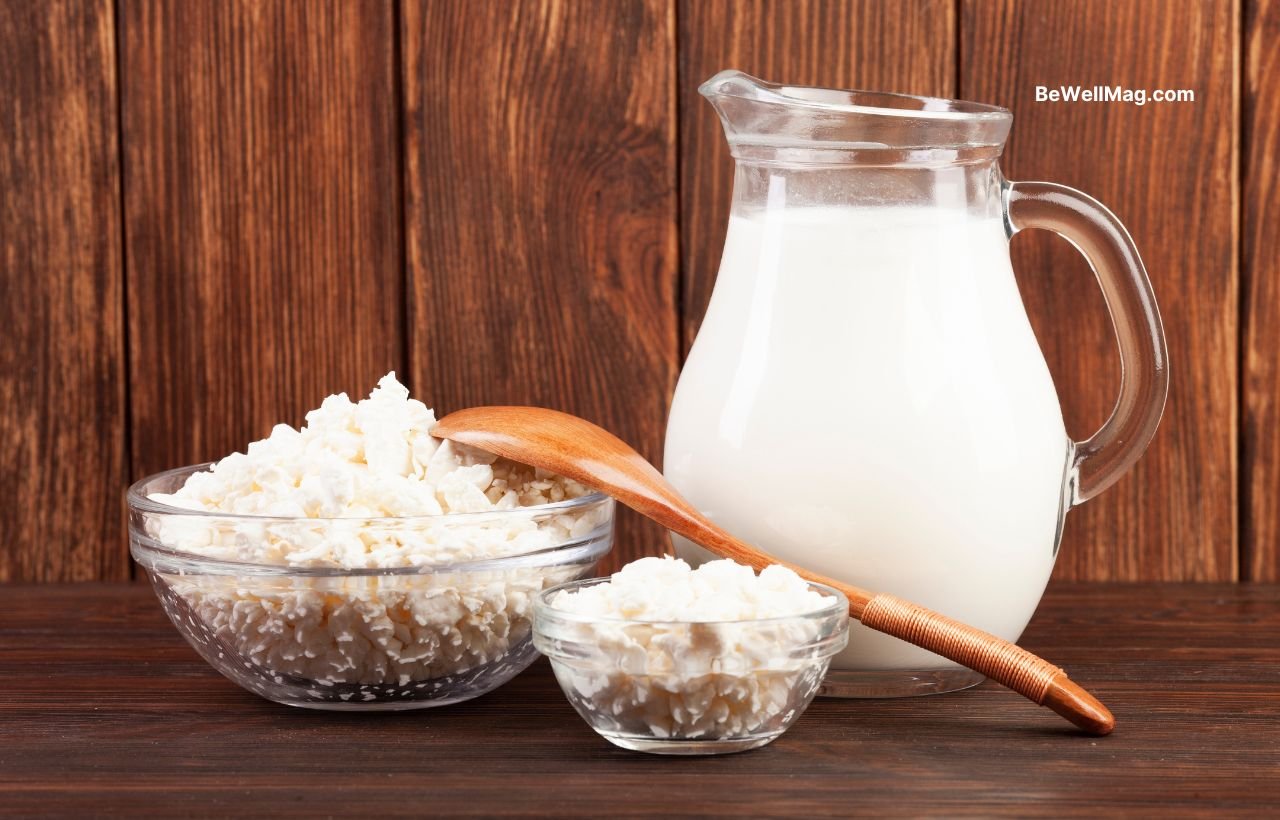Now Reading: 3 Foods That Could Elevate Cortisol and Heighten Stress
- 01
3 Foods That Could Elevate Cortisol and Heighten Stress

3 Foods That Could Elevate Cortisol and Heighten Stress
3 hidden foods spike cortisol, fueling stress and affecting well-being. Use expert-backed diet strategies to restore balance and support mental health.
Table of Contents
Did you know that certain foods can directly impact your stress levels? Cortisol, often called the “stress hormone,” plays a crucial role in regulating various bodily functions, including metabolism, immune response, and blood pressure. However, excessive cortisol can lead to anxiety, fatigue, and even weight gain. While stress is inevitable, your diet can either help regulate or exacerbate cortisol levels. In this article, we’ll explore three foods that could elevate cortisol and heighten stress, along with tips to maintain balance.
What is Cortisol?
Cortisol is a hormone produced by the adrenal glands, essential for managing stress, metabolism, and immune response. It helps regulate blood sugar levels and maintains energy balance. However, chronically high cortisol levels can negatively impact health.
3 Foods That Elevate Cortisol and Increase Stress
1. Excessive Carbohydrates
Refined carbohydrates, especially those high in added sugars, cause blood sugar spikes, triggering increased cortisol release. Foods like white bread, pastries, and sugary snacks contribute to stress-related fluctuations in mood and energy.
How to Reduce Carbohydrate-Induced Cortisol Spikes
- Opt for whole grains such as quinoa, brown rice, and oats.
- Choose natural sweeteners like honey or dates over processed sugar.
2. Caffeine
Caffeine is a stimulant that can temporarily increase cortisol levels, particularly in individuals who don’t consume it regularly. Studies show that excessive caffeine intake throughout the day may result in prolonged cortisol elevation, worsening stress responses.
How to Manage Caffeine Consumption
- Limit caffeine intake to one or two servings per day.
- Opt for herbal teas or decaffeinated options for a gentler energy boost.
3. Alcohol
Alcohol consumption stimulates cortisol release in the short term, affecting mood and stress regulation. Both intoxication and recovery phases can lead to temporary spikes in cortisol, making it harder for the body to maintain equilibrium.
Recommendations for Responsible Alcohol Consumption
- Drink in moderation—limit alcohol intake to occasional consumption.
- Stay hydrated and pair alcohol with nutrient-rich foods to minimize its impact.
The Impact of Cortisol on Your Health: Risks & Effects
When cortisol levels remain elevated for extended periods, it can lead to various health concerns, including:
- Increased Blood Sugar: Persistent cortisol elevation can contribute to insulin resistance and diabetes.
- Weight Gain: High cortisol levels are linked to fat accumulation, especially in the abdominal area.
- Weakened Immunity: Chronic stress suppresses immune function, making the body more vulnerable to illness.
- Sleep Disruptions: Excess cortisol interferes with melatonin production, causing sleep difficulties.
- Mood Swings & Anxiety: Cortisol influences brain function and emotional regulation.
The Connection Between Diet and Cortisol
1. How Your Diet Influences Cortisol Levels
Your dietary choices play a key role in regulating cortisol production. Some foods trigger stress responses, while others help maintain hormonal balance.
2. Foods That Help Regulate Cortisol
Certain foods help mitigate stress and support hormonal stability:
- Leafy Greens & Fiber-Rich Foods: Support gut health and cortisol regulation.
- Healthy Fats (Avocados, Nuts, Olive Oil): Stabilize blood sugar and reduce cortisol surges.
- Magnesium-Rich Foods (Bananas, Dark Chocolate, Seeds): Aid relaxation and stress reduction.
Stress Eating: How Emotional Hunger Disrupts Cortisol Balance
Many people engage in stress-induced eating, which can lead to increased cortisol levels.
1. Signs of Stress Eating
- Craving High-Sugar or High-Fat Foods: The body seeks comfort when stressed.
- Eating Without Physical Hunger: Emotional eating differs from actual hunger.
- Feeling Guilty After Eating: Uncontrolled stress eating often leads to regret.
2. How to Overcome Stress Eating
- Practice Mindful Eating: Focus on portion sizes and hunger signals.
- Identify Emotional Triggers: Recognize stress-related eating habits.
- Choose Nutrient-Dense Foods: Opt for healthy snacks that ease stress naturally.
Pregnancy, Nutrition, and Cortisol: Managing Stress for Maternal Health
1. Why Cortisol Levels Change During Pregnancy
Pregnancy naturally elevates cortisol levels, but excessive stress and poor nutrition can negatively affect both the mother and baby.
2. Risks of High Cortisol During Pregnancy
- Preterm Birth: Chronic stress may increase early labor risks.
- Impact on Fetal Development: High cortisol exposure can shape the baby’s future stress response.
- Maternal Fatigue & Mood Swings: Proper nutrition helps regulate stress hormones.
3. Best Foods for Managing Cortisol During Pregnancy
- Protein-Rich Meals: Stabilize blood sugar and reduce stress hormone surges.
- Omega-3 Fatty Acids: Found in salmon, flaxseeds, and walnuts—support brain and stress regulation.
- Hydrating Foods: Cucumbers, watermelon, and coconut water help maintain hormonal balance.
Key Takeaways
- Cortisol plays a vital role in metabolism, immunity, and emotional health, but excessive levels can lead to imbalances.
- Certain foods—sugar, caffeine, and alcohol—can amplify stress by triggering cortisol spikes.
- Nutrient-rich choices like healthy fats, fiber, and magnesium help stabilize cortisol and promote well-being.
- Mindful eating and stress management techniques can prevent emotional eating and hormonal disruptions.
- Pregnant women benefit from a well-balanced diet to support hormonal equilibrium and fetal development.
Conclusion
Managing cortisol levels through diet can significantly improve overall well-being. By reducing refined carbohydrate intake, moderating caffeine consumption, and drinking alcohol responsibly, individuals can support healthier cortisol regulation and reduce stress-related symptoms.











